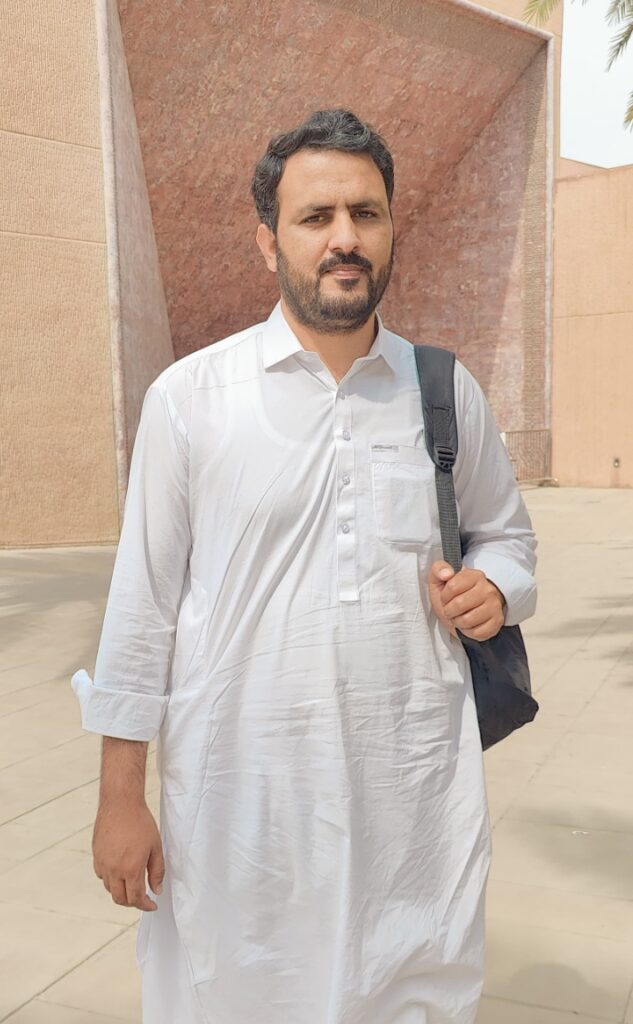High Quality Nursing education in today era
High-Quality Nursing Education, In today’s rapidly changing healthcare environment, the need for high-quality nursing education is more important than ever. Nurses play a vital role in healthcare, sitting and also serving as the primary caregivers for patients, however, they frequently encounter systemic barriers that limit their access to advanced education and professional development. These barriers including financial limitations, lack of training resources, and disparities in healthcare quality between urban and rural areas hinder both individual career progression and the overall standard of patient care. Addressing these issues is essential for cultivating a strong nursing workforce capable of meeting the complex demands of modern healthcare.
High-Quality Nursing Education: A significant challenge is the clear difference between nursing settings in urban and rural areas. In urban environments, nurses frequently encounter congested hospitals, heavy workloads, and burnout as a result of elevated patient-to-nurse ratios. While being close to experienced clinicians should improve mentoring, the fast-paced environment of urban healthcare often offers little opportunity for structured training or career development advancement.
High-Quality Nursing Education is more vital for nurses, but research shows that a significant number of city nurses report insufficient time for continuing education, leading to skill stagnation and decreased job satisfaction. In contrast, nurses in rural areas encounter infrastructural issues, such as inadequate medical equipment, unreliable internet access, and limited opportunities for specialized training. Geographic isolation increases these difficulties, resulting in rural nurses having very limited opportunities for collaboration and professional assistance. These inequalities lead to inconsistent healthcare results, with at-risk groups in rural regions being more adversely impacted.
High-quality nursing education has many obstacles; however, financial and systemic obstacles intensify the issue. Numerous nurses are unable to pay for advanced degrees or certification programs, as under-resourced nursing schools find it difficult to offer modern curricula, simulation labs, or qualified instructors. Moreover, the obligations of shift work and family duties hinder nurses from seeking advanced education without backing from their institutions. Conventional lecture-oriented teaching approaches, which are still common in numerous nursing programs, do not adequately prepare students with the essential critical thinking and clinical judgment abilities required in today’s healthcare setting.
High-Quality Nursing Education is a competency-focused education, and practical simulation training should take the place of outdated teaching methods to more effectively equip nurses for real-life challenges.Creative solutions are arising to close these gaps. For example, technology can make nursing education more accessible to everyone. Digital platforms, like massive open online courses (MOOCs) and webinars, enable nurses to gain knowledge from worldwide specialists without location limitations. Virtual reality (VR) simulations provide a secure environment for rehearsing high-risk situations, like emergency interventions, while tele-mentorship initiatives link rural nurses with specialists for immediate support. Effective initiatives, such as mobile nursing education programs in resource-limited environments, have already shown notable advancements in certification rates and clinical skills.
Interventions through policy are just as important. Governments and healthcare organizations need to fund scholarships for nurses from rural and low-income backgrounds, require ongoing education, and create decentralized training centers to lessen travel challenges. Culturally aware curricula that include case studies from various populations can further improve nurses’ capacity to provide patient-centered care.
The duty of promoting nursing education is shared by various stakeholders. Schools should partner with hospitals to develop engaging clinical training programs and utilize adaptive learning technologies for personalized education. Healthcare organizations ought to offer compensated study leave, tuition assistance, and organized mentorship programs to facilitate nurses’ professional development. At the same time, policymakers need to provide sufficient funding for nursing education and encourage nurses to serve in underserved regions by offering loan forgiveness and opportunities for career growth.
High-Quality Nursing Education is crucial to align these initiatives with Sustainable Development Goal 4 (SDG 4), which promotes inclusive and equitable quality education. This entails the removal of gender imbalances in nursing leadership, focusing on educational resources for underprivileged areas, and monitoring advancements by using quantifiable metrics such as nurse-to-patient ratios and certification statistics. Nurses, teachers, policymakers, and advocates must collaborate to remove obstacles and establish a fairer system.
The call to action is evident: all stakeholders need to dedicate resources to advancing nursing education. Supporters can advocate for policy changes, seasoned nurses can guide the upcoming generation, and people can leverage free or affordable training options to enhance their skills. As Florence Nightingale famously stated, “We should never view ourselves as completed nurses.” “We should be learning throughout our entire lives.” By promoting a culture of continuous learning and teamwork, we can secure a sustainable future for nursing, one that is advantageous for both healthcare workers and the patients they assist.
The moment to take action is now. By means of collaborative action, creativity, and changes in policy, we can develop a nursing workforce that is both exceptionally skilled and capable of tackling the challenges of the healthcare system of the future. Top-notch nursing education is not merely a professional necessityit is a foundation of worldwide health equity.
About the Author
Hussain Ahmad is an MSc Nursing student at AKU-SONAM with a BScN from Khyber Medical University and registered nurse credentials in Pakistan. He has clinical experience in NICU and emergency care from top hospitals, including Northwest and the SGTH Swat. Hussain Ahmad also served as a nursing lecturer and instructor. He is committed to patient-centered care, nursing education, and advancing healthcare through compassion and evidence-based practice

Pingback: Navigating Grief and Nurse Mental Health After Patient Loss
Pingback: Simulation Makes a Difference: 8 Impressive Benefits